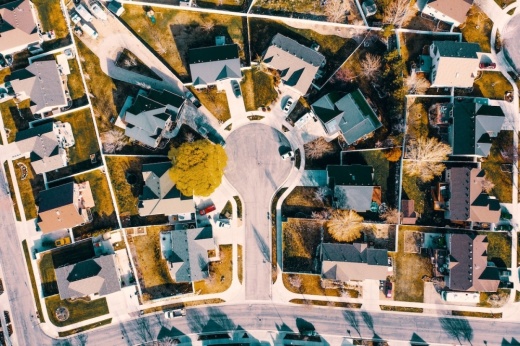The ordinance passed with a 4-1 vote at the March 27 meeting, with Council Member Gina Hicks dissenting. She said it was not the job of the local government to impose these regulations.
“I think it is overreach,” Hicks said. “I think that this is the responsibility of our [homeowners associations]. We have been creating so many ordinances lately based off of complaints that should be handled within neighborhoods.”
With the updated regulations, owners of these short-term rental properties would first need to obtain a permit to operate the rental property; submit an application with a list of owners and information regarding safety; prohibit certain conduct at the property; and allow initial and renewal inspections of the premises.
In addition, owners will have to notify the city's planning department, building official and fire marshal of any complaints and abide by general standards for parking, advertising, occupancy and insurance.
City Attorney Art Pertile said the regulations are in-line with neighboring city ordinances and were simply a way to keep track of these properties.
Council Member Rory Robertson said he supports the new regulations, as they would foster a “level playing field.”
“If we have businesses, motels and hotels paying the tax, we need to make sure that these Airbnbs are paying the tax,” Robertson said. “The ordinances that we have standing aren't working, because [short-term rental property owners] have gotten away with not paying taxes [for years]. It's an unfair advantage; [and] I want the tax revenue brought in.”
Mayor Pro Tem Chris Harris said he thought the ordinance was a middle ground for the differing opinions of owners, residents and council members.
“We are allowing Airbnbs inside the city—they are just going to have to go through the permitting process,” Harris said. “That helps your neighbors, and everybody should be for that.”
As of March 28, there are 558 active rentals in Katy, according to analytics company AirDNA—which tracks short-term rental properties around the world. The average daily rate for these rental properties is $204, a 5.2% increase from December.
AirDNA reports a $2,200 median monthly revenue for these properties earned over the past 12 months—a figure calculated by combining the nightly rate and cleaning fees and excluding taxes, service fees and additional guest fees.
Don Rao, a homeowner in the Magnolia neighborhood, said his quality of life has been greatly reduced since a property near his home was listed on Airbnb in November. He said he hopes the ordinance will address safety and security and enhance property values for all residents of Katy.
Debbie and Charles Dowdle, who have operated their short-term rental property since 2019, said they would comply with the new regulations. Debbie Dowdle said they ran the property as a long-term rental unit prior to listing it on Airbnb.
“What we found was the long term rentals were a whole lot less considerate of neighbors and the property, and that was that was stressful to us,” she said. “It matters to us very much that it's a plus for the community and not a negative, because we care about Katy.”





